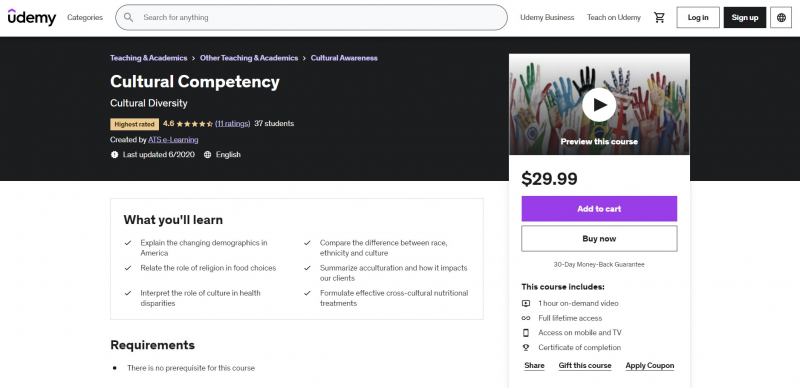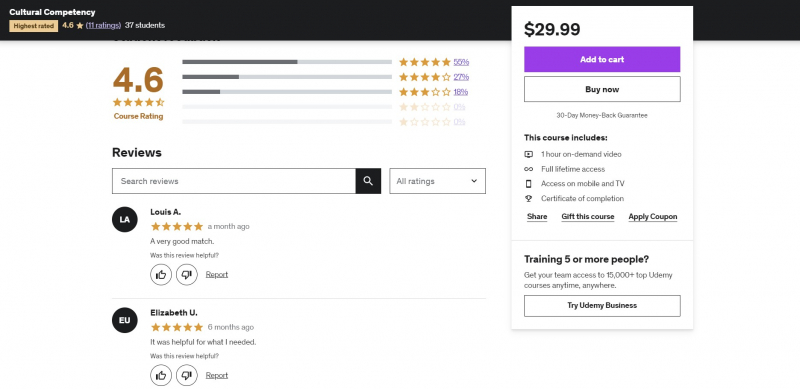Cultural Competency

Because it is difficult to develop those relationships without cultural competence, it is essential. Instead, humans cohabit with others who don't understand them, which increases the risk of misunderstandings, hurt emotions, and bias—all of which may be avoided.
Dietitians must be able to comprehend the diverse cultures of their clients and what meals are essential to them in order to provide the best possible treatment for them in a country with a rising immigrant population. Nutritionists must be open-minded and prepared to treat each client as an individual, regardless of ethnicity, gender, or religion. Immigrant foods may differ from what you are accustomed to eating, which may affect the nutrition counseling you offer. To give the most effective treatments, nutritionists and health care practitioners must first understand diverse cultures and their cuisines.
You'll discover how to understand shifting demographics in America and examine the differences between race, ethnicity, and culture in this course. You can also discuss how religion influences food choices, review acculturation and how it affects our customers, analyze the significance of culture in health inequalities, and develop successful cross-cultural nutritional therapy.
This course offers:
- Flexible deadlines: Reset deadlines in accordance to your schedule.
- Certificate: Earn a Certificate upon completion
- 100% online
- Beginner Level
- Approx. 1 hours to complete
- Subtitles: English
Course Rating: 4.6/5
Enroll here: https://www.udemy.com/course/cultural-competency/











